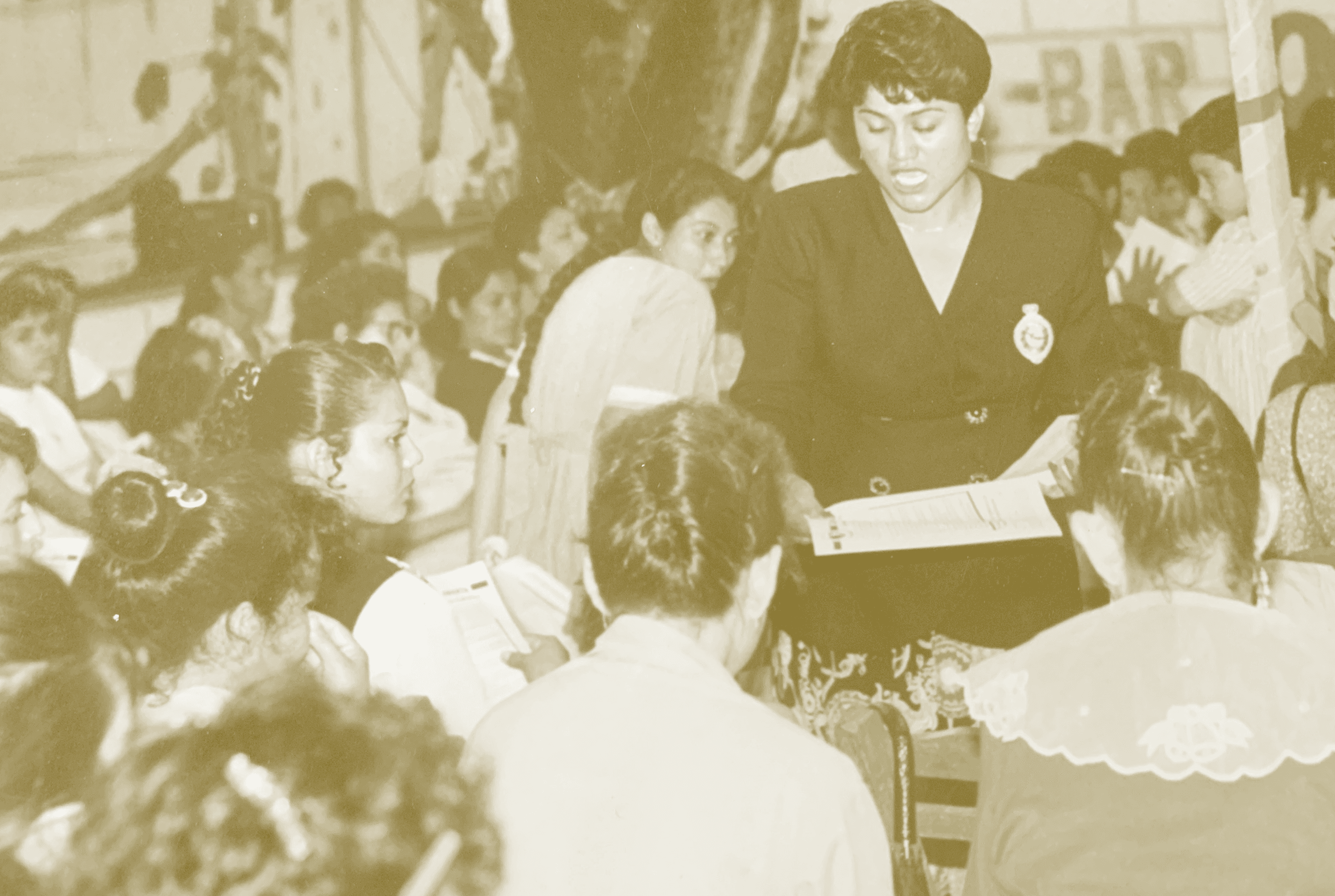The Nicaraguan women’s movement has continually worked toward a life free from violence for all, facing ongoing challenges as political crises threaten previously hard-won gains in violence prevention and response. The Ortega-Murillo regime, alongside conservative opposition actors, has undermined legislative advances and disregarded women’s rights, deeming these “divisive” issues best left “for later.” Since the sociopolitical crisis of 2018, women’s vulnerability has increased, exacerbated by deteriorating living conditions, widespread impunity, and the targeting of women’s organizations offering support in local communities. State repression has led to exile, criminalization, and even torture, impacting the lives of women defenders who have been forced to abandon personal and collective projects.
Yet, the movement remains resilient. In response, activists have adapted, creating new strategies based on self- and collective care, clandestine networks, virtual platforms, and international advocacy. New feminist leaderships focus on healing, memory, and maintaining solidarity even under threat. Despite attacks, the movement draws strength from shared experiences, rebuilding community connections across distances and grief. United by hope and commitment to justice, they continue to weave networks, uplift each other, and sustain a collective fight for a future free from violence and repression.


















